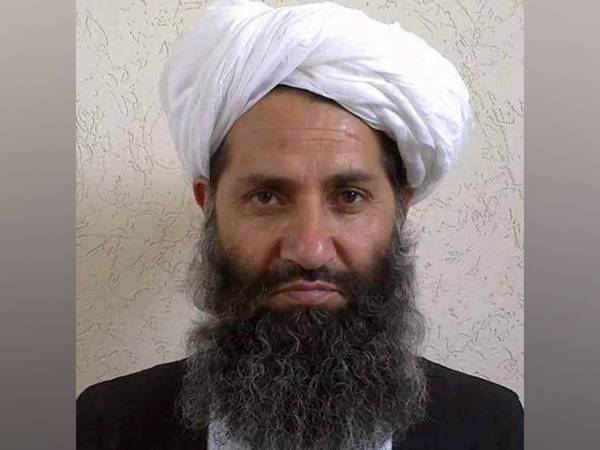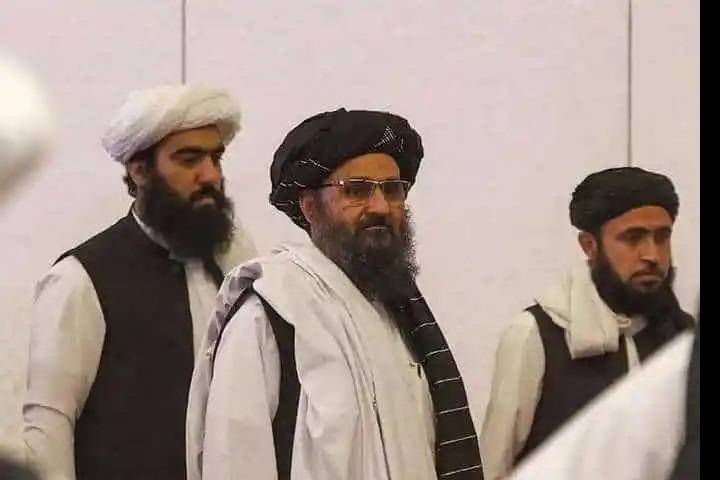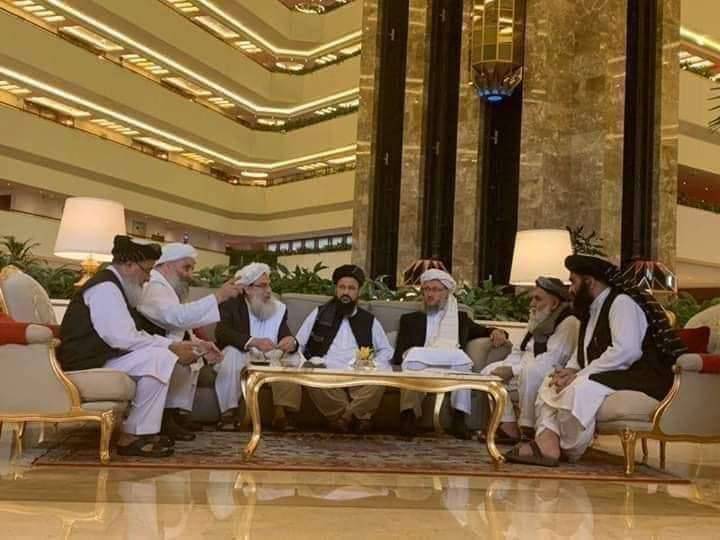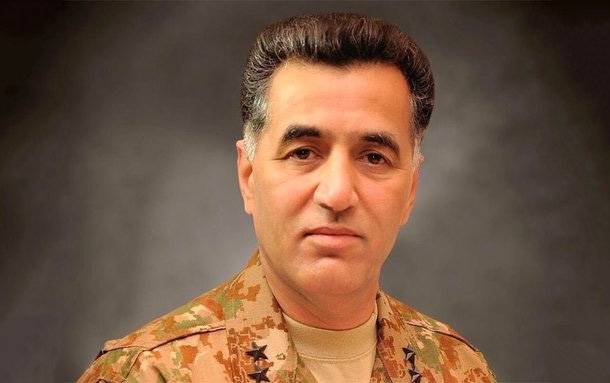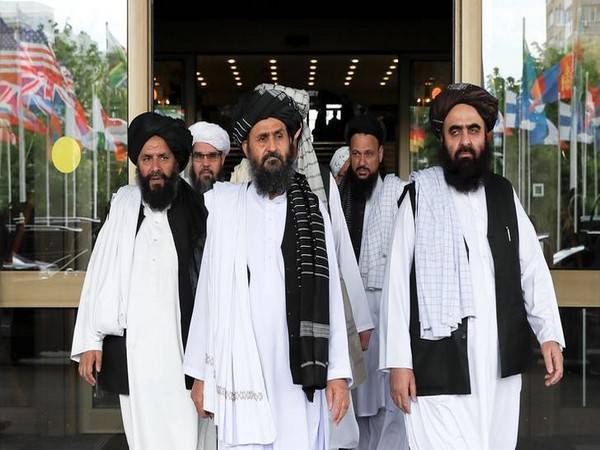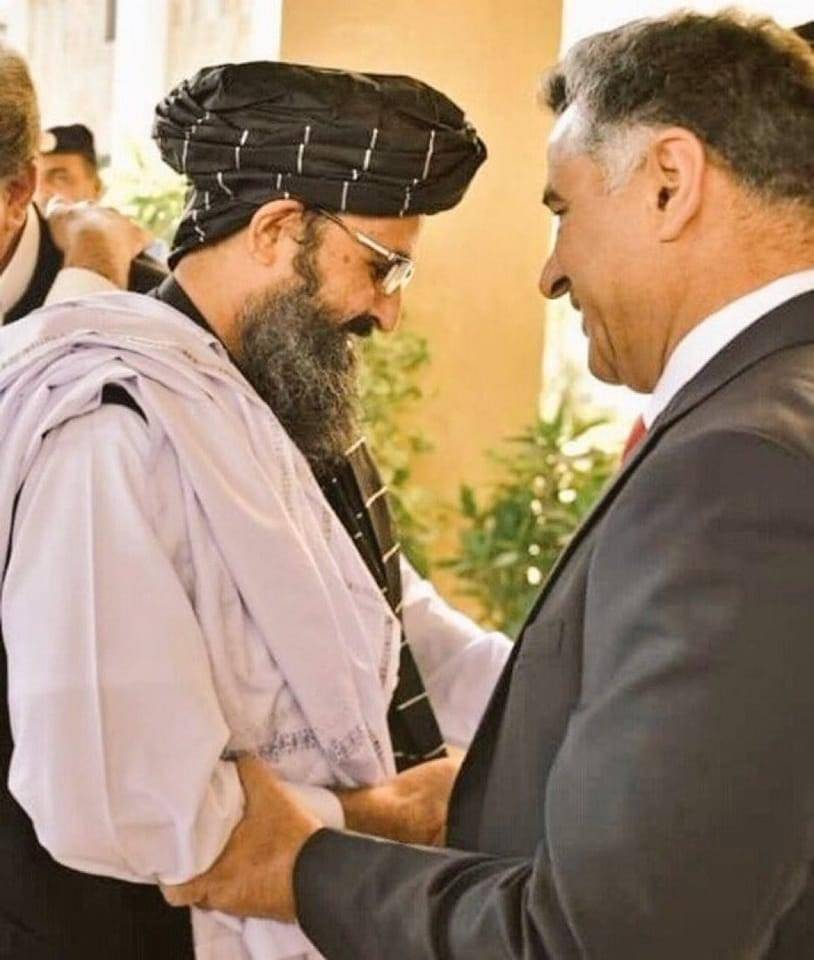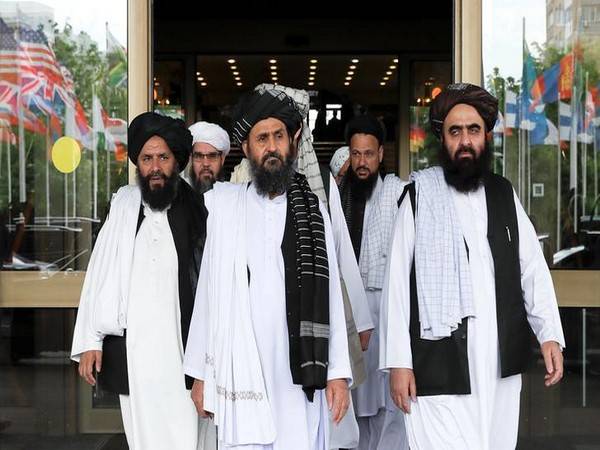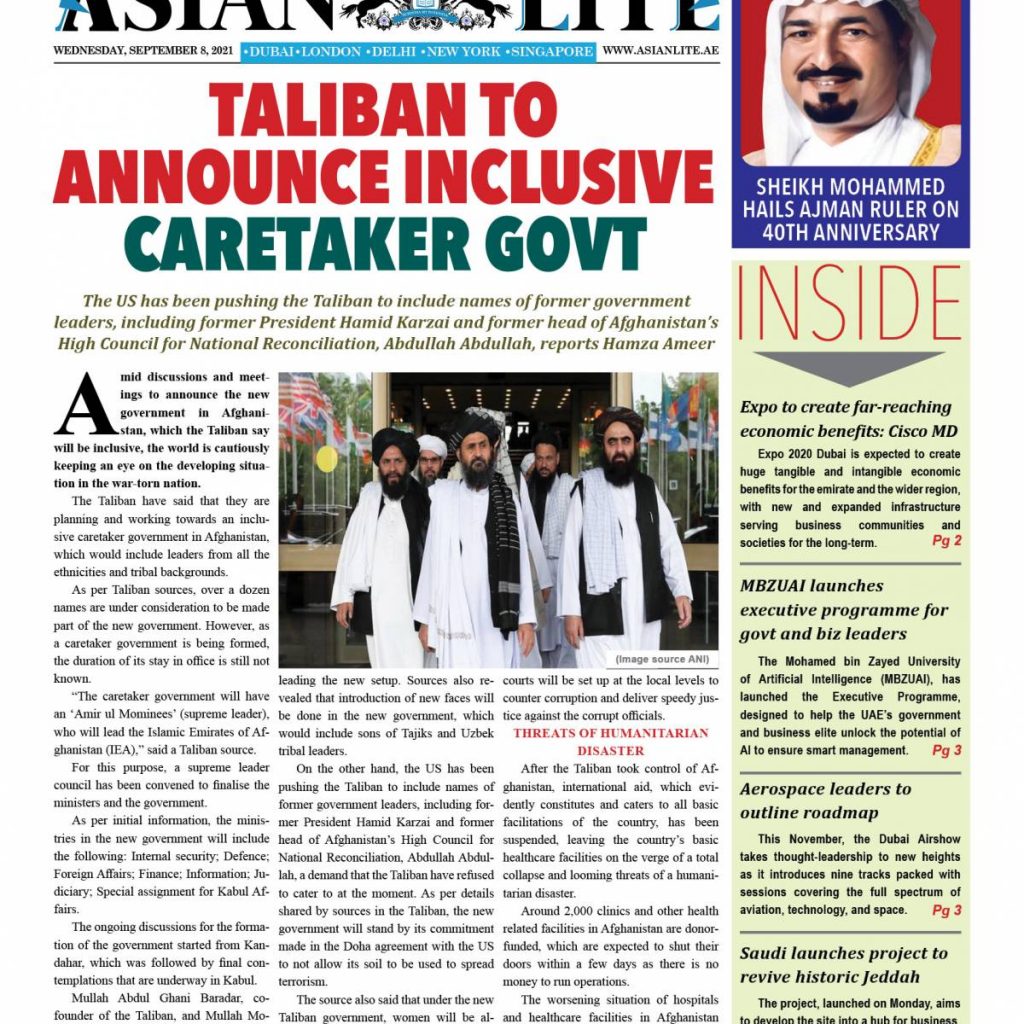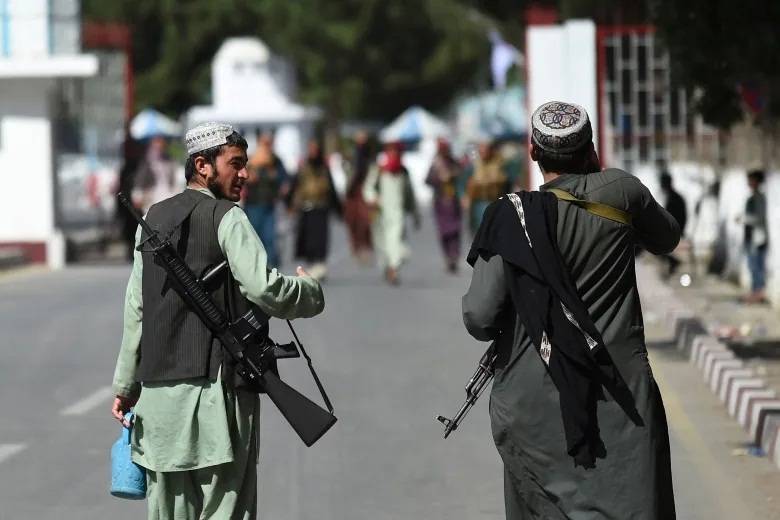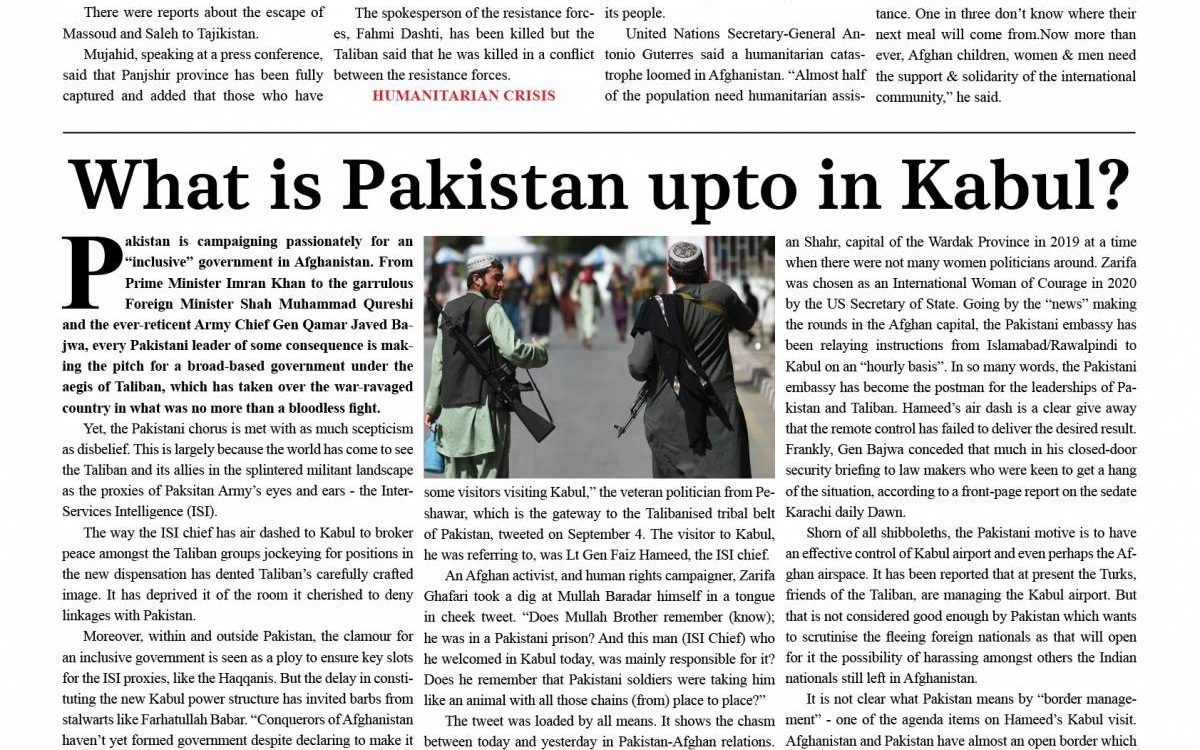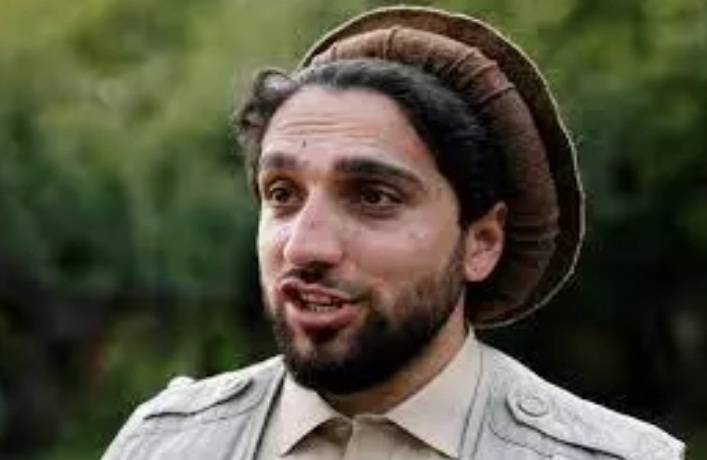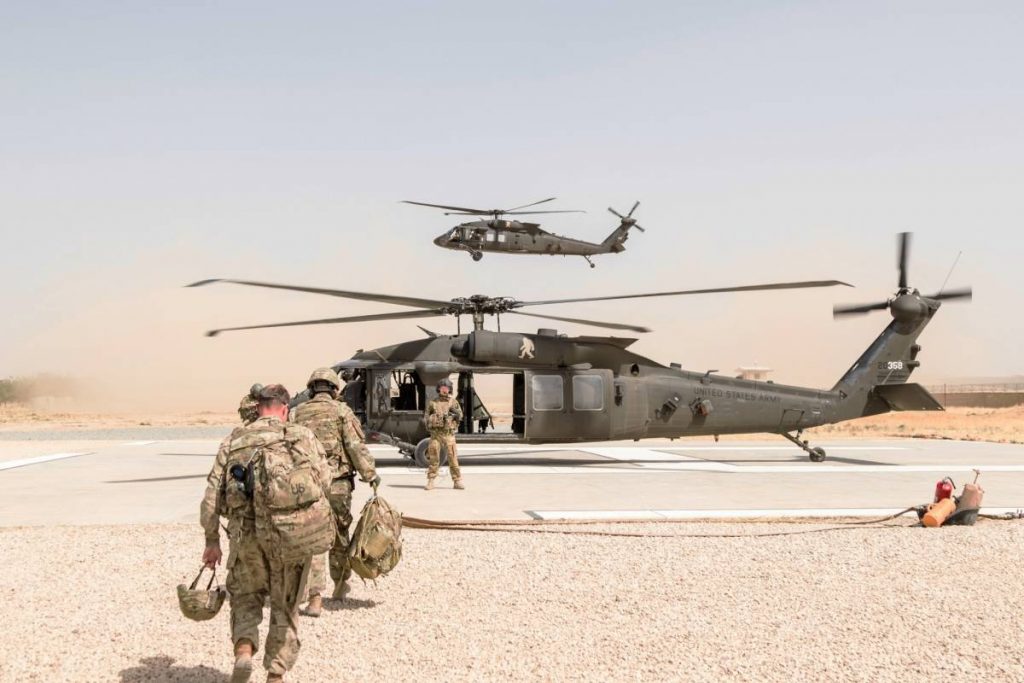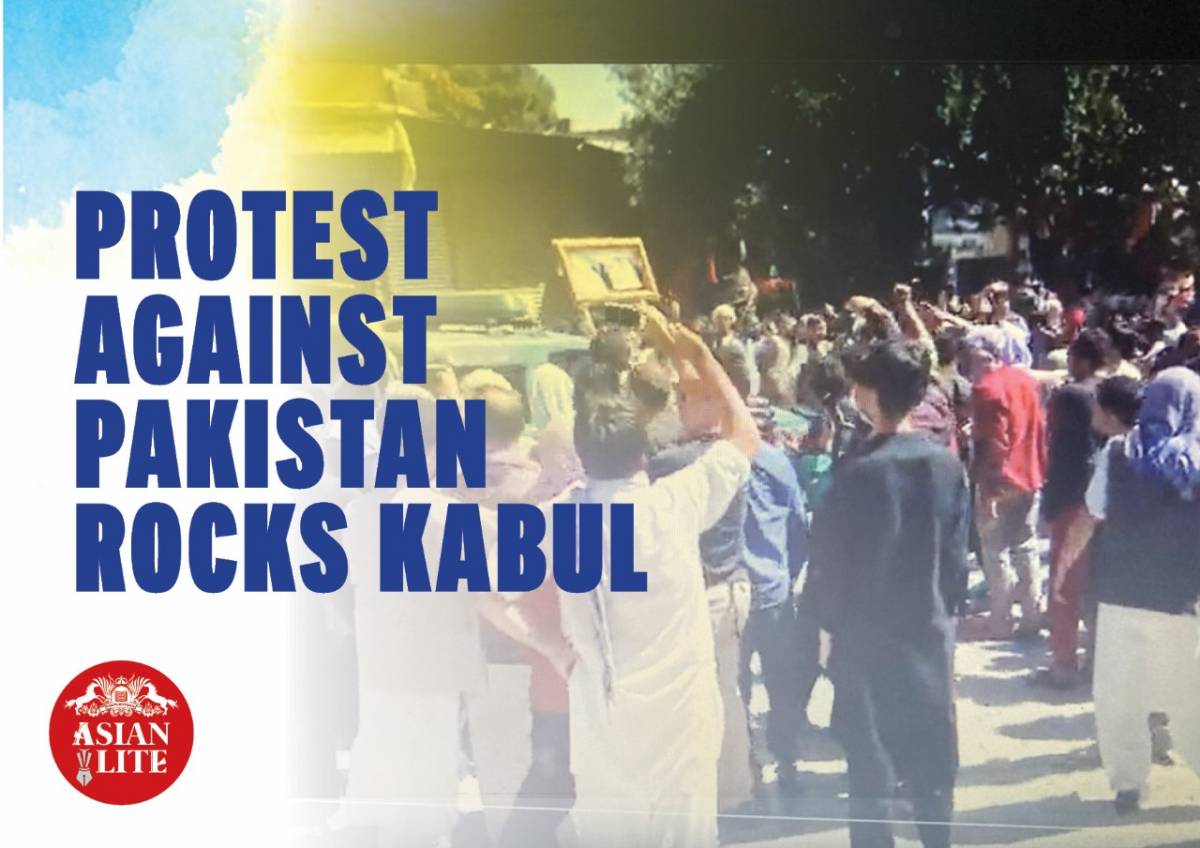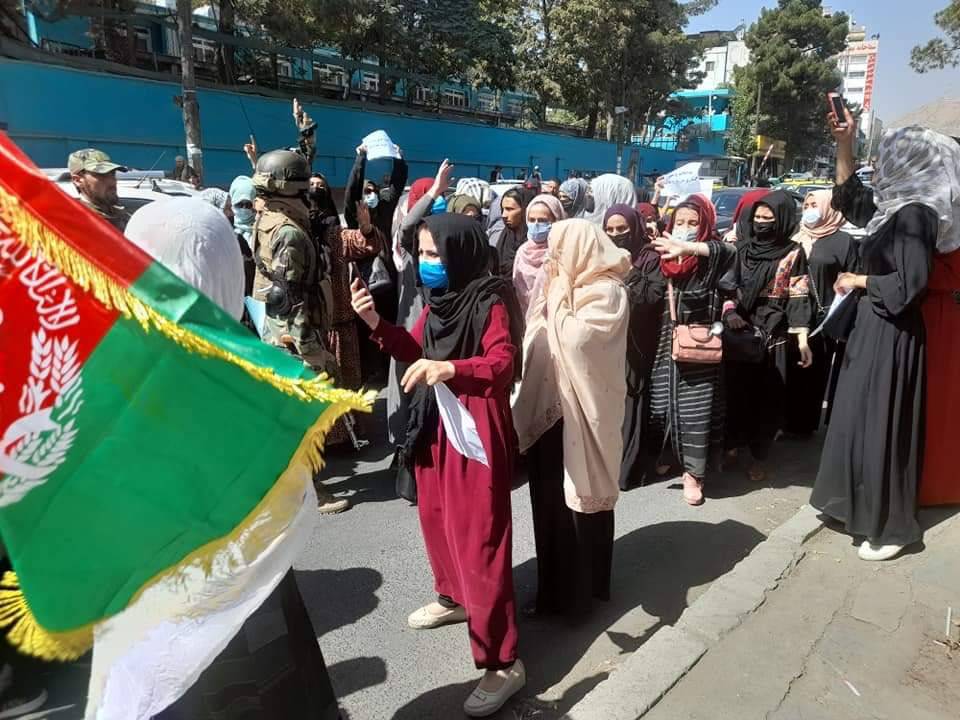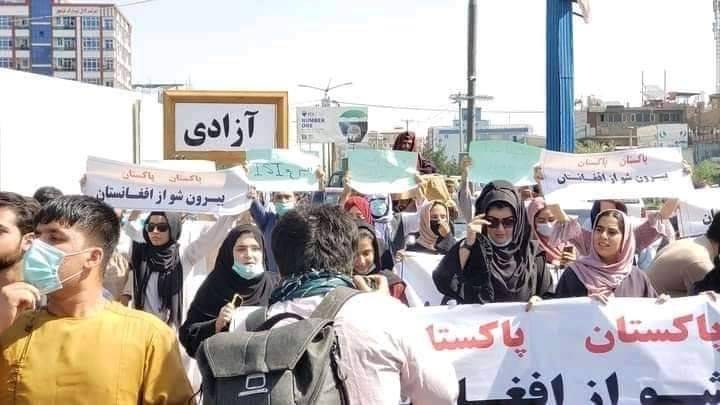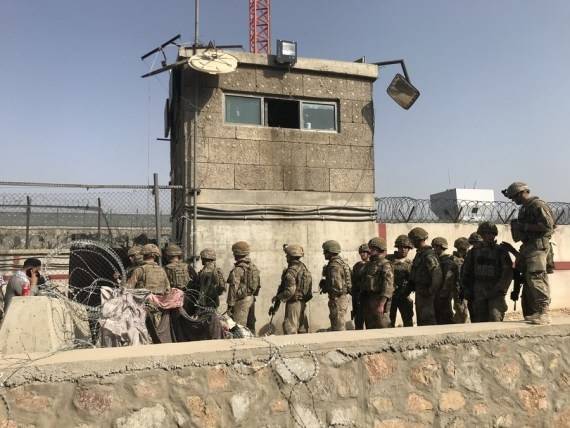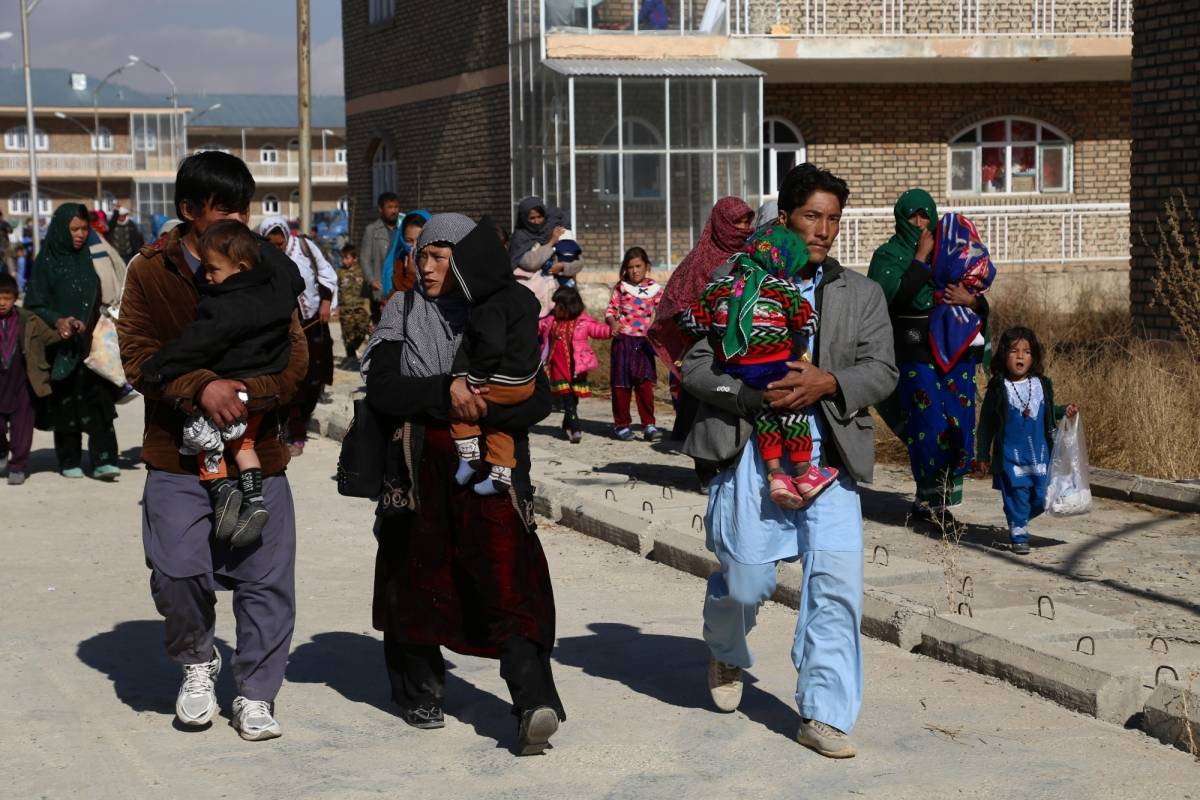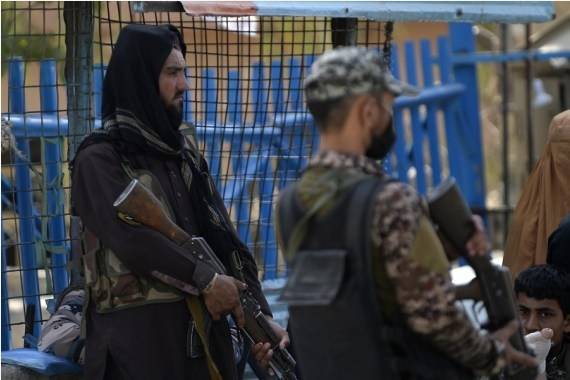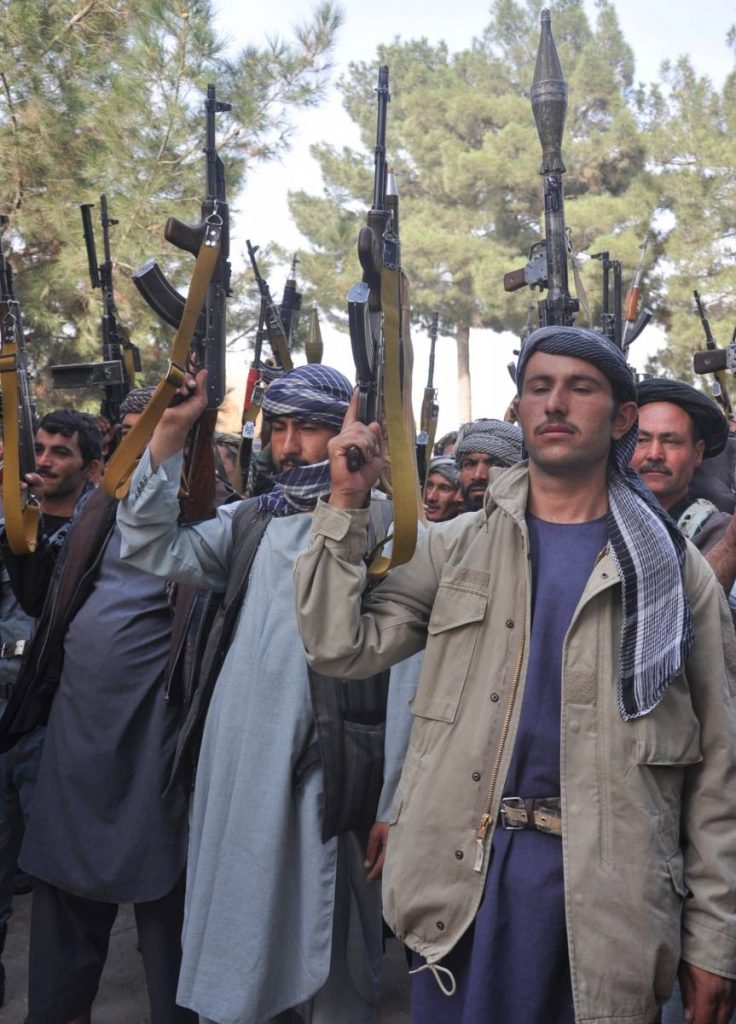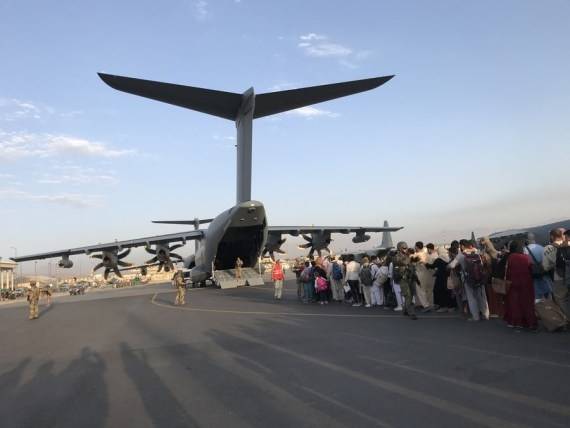Akhundzada said that the Afghan authorities will take serious steps to protect human and minority rights “within the framework of Islam”….reports Asian Lite News
The Taliban’s supreme leader Hibatullah Akhundzada said that Sharia law would be in force in Afghanistan as the outfit announced its caretaker government in Kabul on Tuesday, Sputnik reported.
“In the future, all issues of governance and life in Afghanistan will be governed by the laws of holy Sharia,” Sputnik reported quoting a statement from the Taliban chief.
Akhundzada said that the Afghan authorities will take serious steps to protect human and minority rights “within the framework of Islam”.
On Tuesday, the Taliban announced its new caretaker government ending days of speculation and reports of infighting within the group, which reportedly delayed the announcement of the new dispensation in Afghanistan.
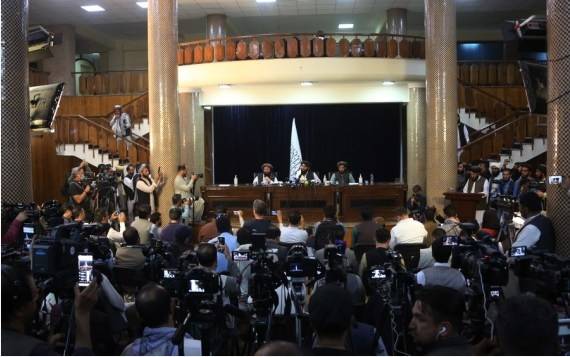
Mullah Mohammad Hasan Akhund, chief of the Taliban’s powerful decision-making body ‘Rehbari Shura’ will head the new “caretaker” government in the country, which it had seized control of on August 15.
Addressing a press conference in Kabul, the Taliban’s spokesperson Zabihullah Mujahid said that the group’s co-founder Abdul Ghani Baradar will be the acting deputy Afghan leader.
Also, Sirajuddin Haqqani, the leader of the proscribed Haqqani network has been named the new interior minister.
According to Sputnik, Akhundzada further said in the statement, “The Islamic Emirate of Afghanistan will use all its resources for economic power, prosperity and development, in addition to strengthening security. It will manage domestic revenues appropriately and transparently, provide special opportunities for international investment and various sectors of trade, will effectively fight unemployment.”
Hardliners in interim govt
After the fall of the Republic of Afghanistan, the Taliban on Tuesday formed the interim “Islamic Emirate”, appointing hardliners in its new government who oversaw the 20-year fight against the US-led military coalition.
The cabinet members consist of many Taliban figures that are considered hardliners. The list announced by chief spokesman Zabihullah Mujahid was dominated by members of the group’s old guard, with no women included.
Mullah Muhammad Hassan Akhund is appointed as Prime Minister with two deputies Mullah Abdul Ghani Baradar and Molavi Abdul Salam Hanafi.
Akhund was a close aide to the group’s late founder Mullah Omar and is on a United Nations sanctions list. He was previously the foreign minister and then deputy prime minister during the group’s last stint in power from 1996 to 2001.
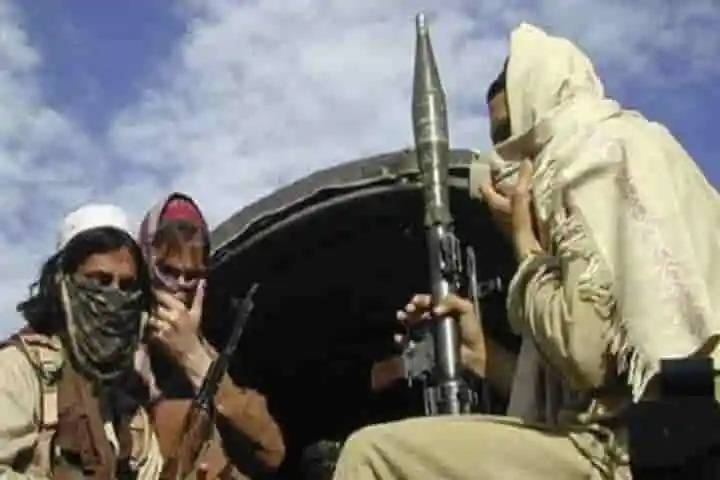
Molavi Muhammad Yaqoob Mujahid, son of Mullah Omar has been appointed as Minister of Defense.
Molavi Siraj udin Haqqani has been appointed as Minister of Interior, while Molavi Amir Khan Muttaqi, a Taliban negotiator in Doha as Minister of Foreign Affairs.
Other ministers appointed include – Mullah Hidayatullah Badri as Minister of Finance, Sheikh Molavi Noorullah Munir as Minister of Education, Mullah Khairullah Khairkhwa as Minister of Information and Broadcasting, Qari Din Mohammad Hanif as Minister of Economic Affairs, Molavi Noor Muhammad Saqib as Minister of Hajj and Auqaf, Molavi Abdul Hakim Sharae as Minister of Justice, Noorullah Noori as Minister for Borders and Tribal Affairs, Mullah Muhammad Yonus Khundzada as Minister for Rural Development, Sheikh Mohammad Khalid as Minister of Dawat and Irshad, Amru bil maroof wa nahi anil munkar, Mullah Abdul Manan Omari as Minister of Public works, Mullah Muhammad Essa Akhund as Minister of minerals and Petroleum, Molavi Abdul Latif Mansoor as Minister of Water and Electricity, Hameed ullah Akhundzada as Minister of Civil Aviation and Transportation, Abdul Baqi Haqani as Minister of Higher education, Najeebullah Haqqani as Minister of Communication, Khalil ul Rahman Haqqani as Minister of Refugees, Abdul Haq Wasiq as Head of Intelligence, Haji Mohammad ldrees as Head of (Da Afghanistan Bank), Molavi Ahrnad Jan Ahmadi as Chief of Staff, Mullah Mohammad Fadel Akhund as Deputy Defense Minister, Qari Faseeh udin as Army Chief, Sher Muhammad Abbas Stanikzai as Deputy Foreign Minister, Molavi Noor Jalal as Deputy Interior Minister, Zabihullah Mujahid as Deputy Minister for Information and Broadcasting, Mullah Taj Mir Jawad as 1st Deputy of Intelligence, Mullah Rahmat ullah Najeeb as Administrative Deputy of Intelligence, Mullah Abdul Haq as Deputy Interior Minister, Narcotics Control.
Mujahid, who named 33 members of “the new Islamic Government”, said the remaining posts will be announced after careful deliberations. (ANI)

